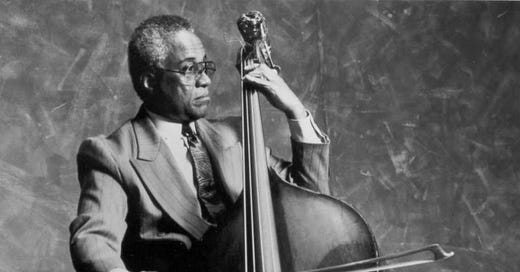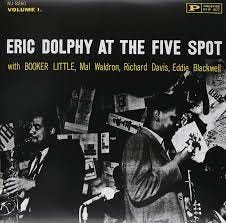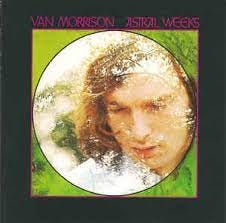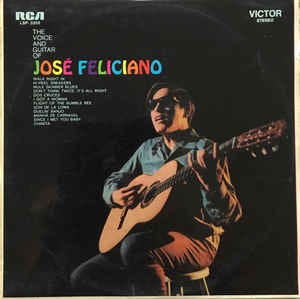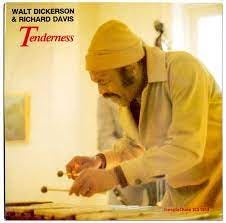File Under: Richard Davis
Should artists have something to say about the tags affixed to their work?
In an overlong and somewhat tortured recent essay in the New Yorker, music writer Amanda Petrusich explored the idea of “genre” in the context of current music. She looked at how artists are blending various types of music to form hybrids, and how that presents organizations like the Recording Academy, the givers of Grammy Awards, with taxonomic challenges.
The megahit “Old Town Road,” a country tune by the hip-hop artist Lil Nas X, was dutifully cited in the piece – echoing an earlier New Yorker essay on the tune that carried the headline “Old Town Road” And the Overdue Death of Genre.”
In Petrusich’s work, historical context was offered, alongside some (nonessential) first person recollections of her formative high school listening. Label executives opined, authors made broad statements, Spotify employees attempted to explain what happens behind the curtain during playlist construction. Though artists were quoted, their thoughts came from pieces published in Billboard and elsewhere.
This was, I think, a deliberate choice. The essay was primarily concerned with what happens after a work is made, when it enters the pipelines of commerce – sales, marketing, publicity, etc. When genre becomes a sorting tool, or a wedge, a point of differentiation.
Still, if you’re a journalist observing the many ways previously siloed genres are blending, it’s probably a good idea to talk to those who are stirring the stew. Because artists tend to think about this differently; they’re concerned with the exploration of sound, not its precise classification. Many don’t care where their efforts get filed – or cross-referenced – in the big database. Besides, genre descriptors are notoriously fuzzy where music is concerned; once again, Duke Ellington’s quote about the two kinds of music applies.
One example among a gazillion: Where is “home” for Richard Davis?
The bassist, born in Chicago in 1930, was part of the torrid quintet led by Eric Dolphy in 1960 and 61; the group’s July 1961 performance at the Five Spot is regarded as a crucial step in the progression from hard bop to free jazz. At the core of that group’s dynamic: The chippy interplay between Davis and drummer Ed Blackwell.
Davis, who before that had spent years anchoring Sarah Vaughan’s rhythm section, became one of the pillars of forward-looking jazz in the 1960s; he recorded with Andrew Hill, Cal Tjader, Booker Ervin, Jaki Byard and Elvin Jones. (Davis and Jones co-led an inspired 1967 Impulse date titled Heavy Sounds that’s featured on this playlist).
That is, of course, not all.
Those who love Van Morrison’s dream-reverie Astral Weeks have Davis to thank for its spare, ruminative, genre defiant atmospheres. Davis played on Laura Nyro’s Smile, two Bruce Springsteen classics (Greetings From Asbury Park and Born To Run), Janis Ian’s self-titled album and several followups, as well as Barbra Streisand’s Color Me Barbra and My Name is Barbra. The list goes on and on.
And that’s not all: The classically trained Davis performed in ensembles conducted by Igor Stravinsky, Pierre Boulez, Leopold Stokowski, Leonard Bernstein, and Gunther Schuller. Davis was part of the string orchestra on Stan Getz’ visionary jazz/classical hybrid Focus, and participated in the initial recording of Bernstein’s 1971 theater work Mass.
Where else has Davis gone? That’s his silky-smooth bassline at the center of Cal Tjader’s 1965 “Soul Bird,” and holding down the foundation on much of Jose Feliciano’s 1965 breakthrough The Voice and Guitar of Jose Feliciano.
And we haven’t even talked about the records under Davis’ own name, or the soundtracks (including Mal Waldron’s Sweet Love Bitter), or the many mind-expanding duet projects. A few are on the playlist, including a musical conversation with vibraphonist Walt Dickerson from the 1993 album Tenderness.
If you take this particular playlist ride, please spend a moment thinking about Richard Davis not the way he usually turns up – filed under “Jazz.” But, instead, as an endlessly curious musician and educator and activist (he founded the Madison Wisconsin chapter of the Institutes for the Healing of Racism) who has thrived across a great range of music – and has helped a great range of music, in distinct genres and crazy mashups and everything in between, to thrive.
Yes, we have a fancy digital suggestion box. Share your favorite Underloved/Overlooked records here: echolocatormusic@gmail.com.
Please consider subscribing (it’s free!). And…..please spread the word! (This only works via word of mouth!)

